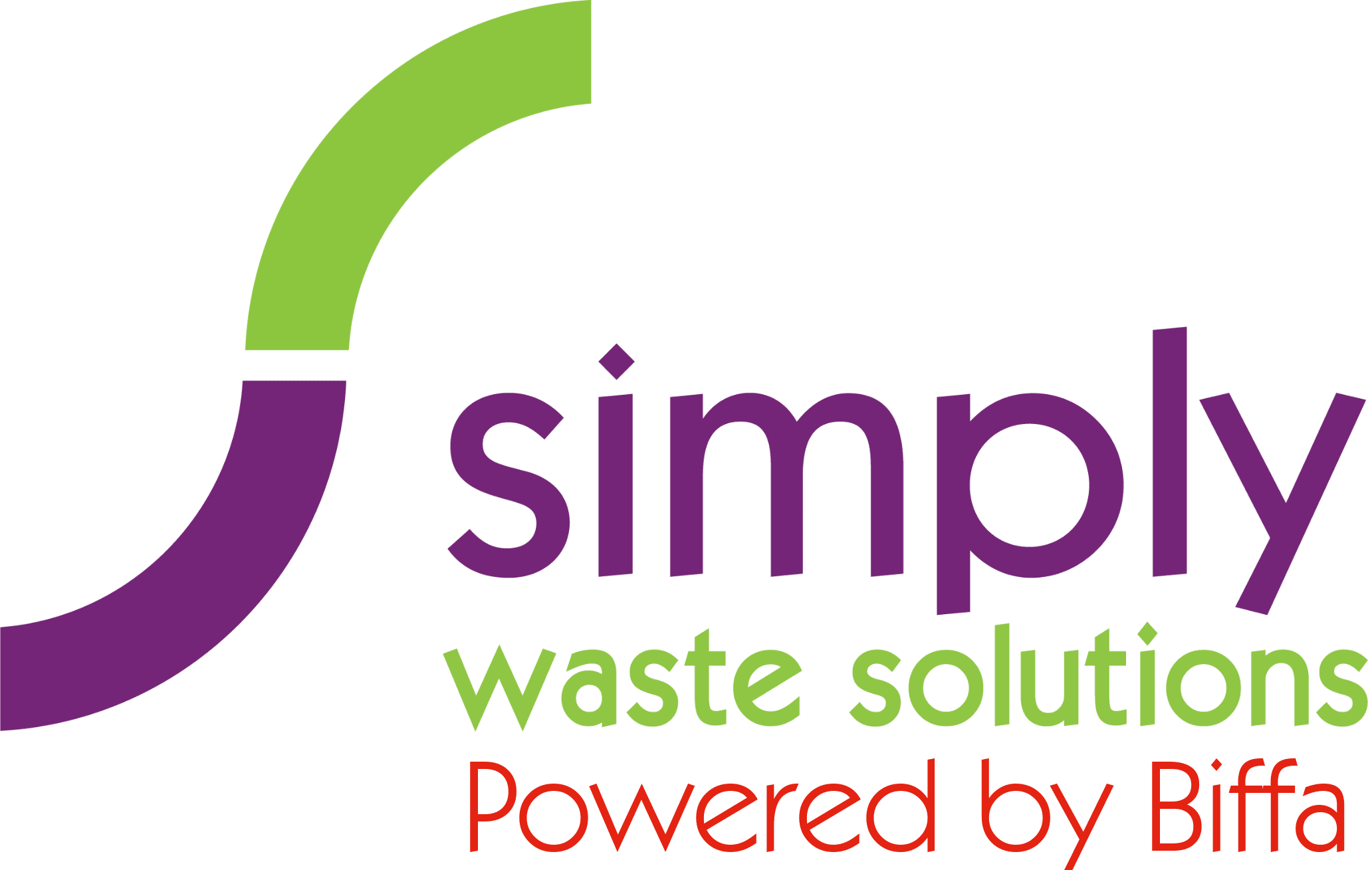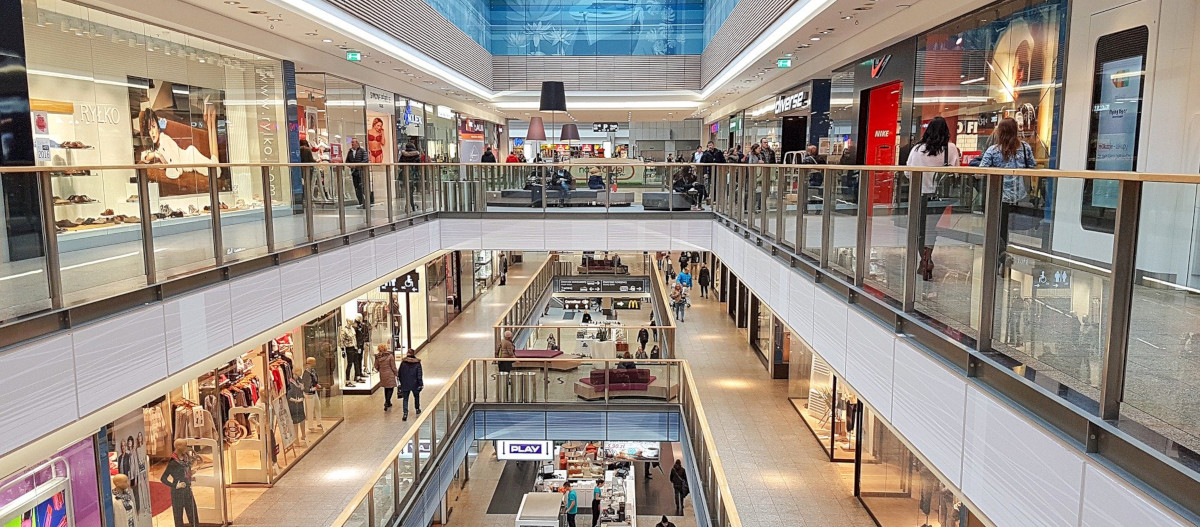All non-essential stores were forced to close and have only recently been allowed to reopen. To do so, they must follow Government guidelines which include restricting the number of people allowed inside and face coverings being worn by all customers.
The popularity of online shopping will increase the amount of plastic and cardboard packaging waste for household collections. Cardboard can easily be recycled but plastic film type material can not and therefore gets treated as general waste in most cases.
Shops have now reopened with restricted numbers and shopping levels are slowly increasing but will the high street ever return to ‘normal’ shopping levels? There’s a chance that with many people not travelling as far and choosing to shop closer to home, the local high streets could see an increase in visitors and give towns a much-needed boost.
With a lower level of footfall, there will be less waste created by shoppers, from the on-the-go food wrapping to shops having less stock packaging to dispose of. Less customers = less waste and recycling for waste companies to collect and reprocess.
If online shopping continues to rise, there will be more waste collections needed at warehouse and distribution centres.
While the packaging waste will still need to be collected from one place or another, warehouses will use one waste provider to collect the lot instead of individual shops choosing who they wish to collect their waste.
This could be better for the environment as packaging could be more easily sorted into single-stream materials for recycling and there will be no customers to contaminate recycling bins.
If you need 5 Star commercial or domestic waste collections, get in touch with the experts by;
Calling 03330 433 033
Articles in this series:
Introduction Article
Office based Industries
Hospitality Industry
Events Industry

 Sales 03308 285 687
Sales 03308 285 687 